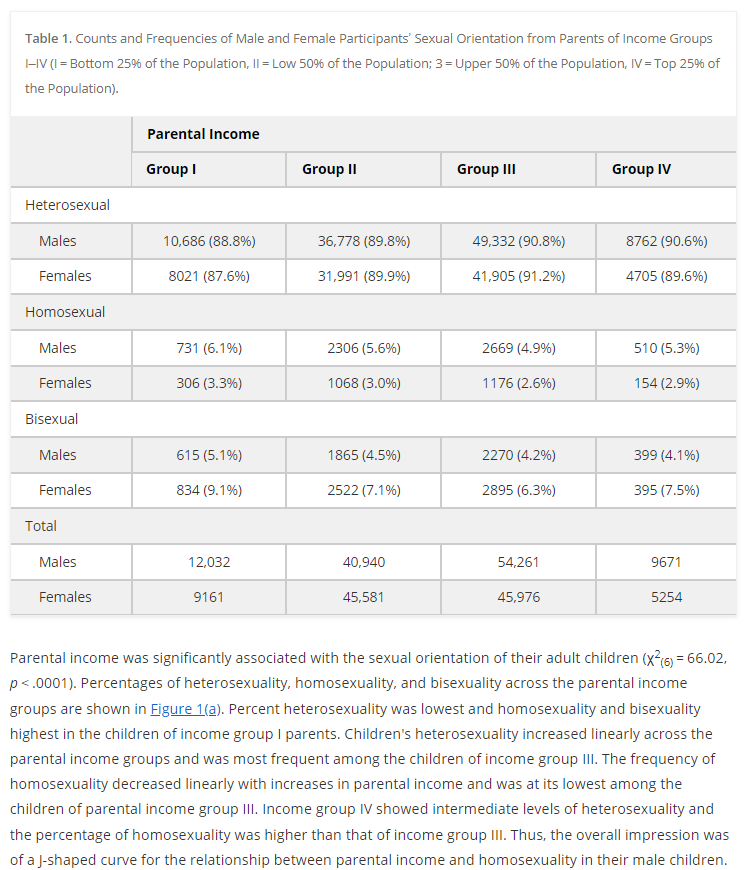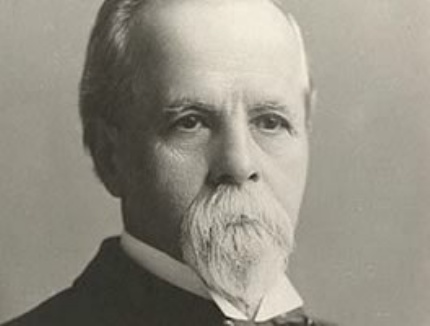The U.S. Food and Drug Administration
has approved Advanced Cell Technology for the second human trial of human embryonic stem cells (hESC), in people with macular degeneration, a progressive form of blindness.Advanced Cell Technology said it would start testing its stem cell-based treatment on 12 patients with Stargardt’s Macular Dystrophy, which usually impacts children between 10 to 20 years of age, resulting in blindness due to degeneration in the retinal pigment epithelium (RPE).
Most researchers regard their work as vital to society, even if that value is only higher order and the chain to societal benefit is tenuous to outsiders. That's no different than any other job - people at the Department of Motor Vehicles feel like the entire state would halt without them and, in an elaborate food chain, they are right, and the same holds true for environmentalists who worry that some obscure critter going extinct will have a butterfly effect on worldwide ecology. In a domino world, they are also correct.
But researchers are different than those other examples because they can't just do their jobs, they have to not only show they are doing their jobs, they have to prove they should continue doing them, and then raise the money to do it.
It's common belief that Vikings visited Newfoundland, therefore reaching the New World from Europe before Christopher Columbus, but a new genetic analysis claims not only did Vikings visit North America, they brought natives back to Europe with them. And had babies.
The report in the latest edition of the American Journal of Physical Anthropology says researchers sequenced the complete mitochondrial DNA (mtDNA) genome of 11 people with haplogroup C1, a lineage that was involved in the settlement of North America over 12,000 years ago, from four different families. No problem, they moved there recently, right?
The federal government rarely succeeds in its attempts to legislate what I would call positive things - this is because the government has no power beyond restricting money and every effort to exceed that is met with resistance by constitutional scholars and states.
A progressive culture like the US wants more government whereas a liberal culture like the US wants freedom, and I would argue the best way to implement both goals is that, rather than attempting positive change (and failing - see American Recovery and Reinvestment Act of 2009 and Affordable Health Care for America Act) , government stick to punitive actions.
 Evolutionary Psychology: Your Parents Income During Pregnancy Made You Gay
Evolutionary Psychology: Your Parents Income During Pregnancy Made You Gay Oil Kept Congo From Starving - Western Academics Don't Seem To Like That
Oil Kept Congo From Starving - Western Academics Don't Seem To Like That China Sells Western Progressives Solar Panels While Switching To Nuclear Power
China Sells Western Progressives Solar Panels While Switching To Nuclear Power If You Care About Earth Day, Stop Buying Organic, Fair Trade And Other Junk Stickers On Products
If You Care About Earth Day, Stop Buying Organic, Fair Trade And Other Junk Stickers On Products











